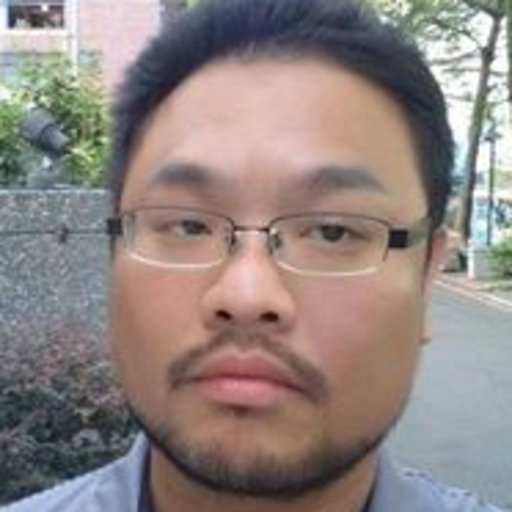
So even though it seems as though it’s this very reliable archive of the past because there are these specific streets or specific stores or specific photographs, the actual telling of the story draws more from the fuzziness of memory. It's sort of the effect of living in that space.

I didn't write the book or pursue it as a research project-there was research that went into it, but I tried to leave a lot of the memories unverified until much later, because I was just more interested in the effect of memory. But I hope there's also a haziness to it, because I tried to write the book from memory. There are a lot of very fixed references in the book, like the images that you pointed out. But there’s also room to problematize the sense of memory or the notion of memoir for the reader too because this is just a version of events. This perspective as a doubtful author mirror how I feel about the narrative. Not that anyone has to read it in any specific way, but there are moments in the book in which doubt is cast on my sense of authority. There's a reflexiveness built into how the book is meant to work. I hadn't thought about the book as autoethnography per se, but I think there is reflexivity. For example, photographs appear intermittently in the book, and the narrator-you-make detailed analysis of them. It seems that while both autoethnography and memoir are from a remembering self, autoethnography differs from memoir in that it has the addition of the reflective self and the researching self.

I'll start with a question about the autoethnographic. Maybe because I've been reading a lot of anthropological texts lately, I’ve been thinking about ethnography. The conversation took place in February 2023 over Zoom. I wanted to interview him because of our shared connections: Taiwan, California, teaching, parenting, and some primary interests: music, art, literature.


The book, which won the 2022 National Book Critics Circle award in autobiography, discusses the faxes his father would send him while away and an ultimately tragic friendship he had while in college. In his youth, his father moved back to Taiwan to pursue work and Hua often spent summers and other school vacations there. The latter is about his life as a second-generation Taiwanese American, living for much of his life in California. He is the author of A Floating Chinaman: Fantasy and Failure Across the Pacific (Harvard University Press, 2016) and Stay True: A Memoir (Doubleday, 2022). He is a professor of English at Bard College and a staff writer at The New Yorker.


 0 kommentar(er)
0 kommentar(er)
